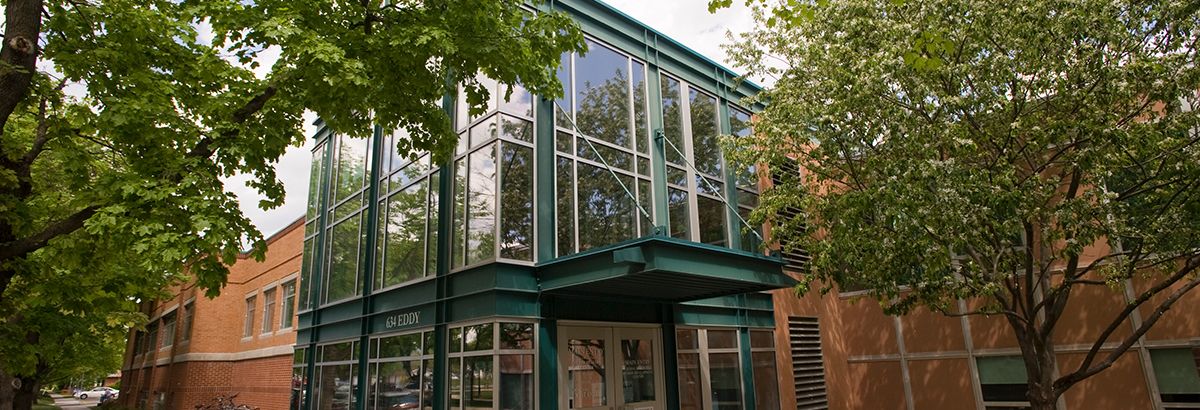Supporting Student Success Through Improved Wellbeing
The Student Well-being Fund supports wellness efforts aimed at enhancing student success and well-being.
Since the onset of the COVID-19 pandemic, student mental health has been an increasing concern for colleges and universities. Even while the pandemic has brought new mental health challenges for students, many campus and system leaders, administrators, clinicians, faculty, staff, and students know that student mental health has long been a rising concern.
Student well-being is inherently important, and mental health distress also has significant impacts on student’s academic achievement, learning and retention.[1]
At the ŔĎ»˘»úąĄÂÔ, students report significant levels of stress, anxiety, and psychological distress.[2] These mental health challenges negatively impact the student experience and achievement inside and outside the classroom.
- 45.1% report stress impeding academic achievement.
- 41% report anxiety impeding academic achievement, an 8.1% increase since Spring of 2020 (32.9%).
- 81.3% report moderate to high levels of stress during the past 30 days.
- 31.7% report depression impeding academic achievement.
- ~65 % ŔĎ»˘»úąĄÂÔ students feel they lack companionship, feel left out, and isolated from others.
Gifts to the Student Well-being Fund support the following programs:
Wellbeing Coaches
Partner with clients to enhance wellbeing through self-directed 1:1 support sessions and incorporating the dimensions of wellbeing. The current Wellbeing Support Coaches are all Master Level Social Work students.
Peer Health Education
The peer education model is widely known to be one of the most effective ways to engage college students around their health. Our nationally-recognized peer health education program provides campus outreach and educational programming in a variety of settings. Our peer health educators can earn academic credit and receive invaluable pre-professional experience in public and community health.
If you have questions about ŔĎ»˘»úąĄÂÔ’s NCHA data, please contact the Wellbeing office at 243-2809.
[1] Cohen, 2006; California Education Supports Project, 2009; Deberrard et al., 2004; Hoffman, 2002; Morrison & Kirby, 2010; Shochet et al., 2006
[2] ŔĎ»˘»úąĄÂÔ National College Health Assessment 2020, 2021, 2023
Student Well-being Fund
To make a gift, please complete the form below.
